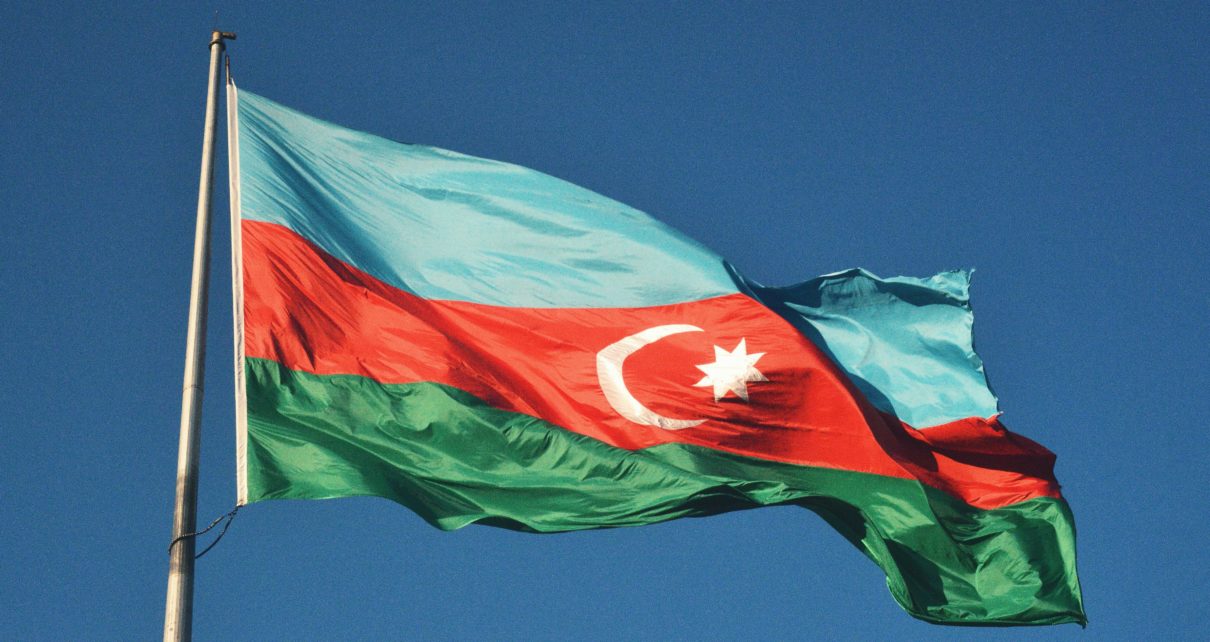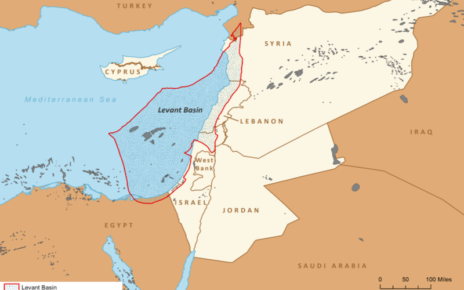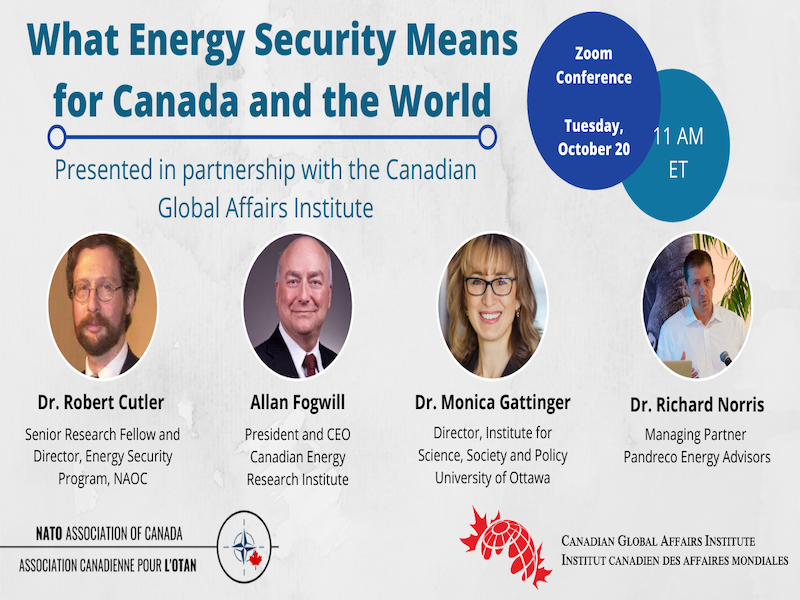As previous articles have explained, Azerbaijan is emerging as a pivotal player in European energy security. This transformation is framed by the 2022 Memorandum of Understanding (MoU) between Azerbaijan and the European Commission, which aims to double the capacity of the natural gas Southern Gas Corridor (SGC) to 20 billion cubic metres per year. This strategy mitigates Europe’s reliance on Russian gas, amplifying Azerbaijan’s role as a critical energy supplier amidst shifting geopolitical and market dynamics.
After a general suspension of natural gas–related work throughout Europe and Greater Turco-Caucasia during the economic lockdowns imposed by governments worldwide a few years ago, work towards the planned expansion of the Trans-Adriatic Pipeline (TAP) has resumed. This development is in line with the July 2022 “Memorandum of Understanding on a Strategic Partnership in the Field of Energy” signed in Baku by European Commission (EC) President and Azerbaijan’s President Ilham Aliyev, at a meeting with the participation of EU Energy Commissioner Kadri Simson and Azerbaijan’s Energy Minister Parviz Shahbazov.
The MoU committed the sides to double the capacity of the Southern Gas Corridor (SGC) to at least 20 billion cubic metres per year (bcm/y), contributing to diversification objectives in the REPowerEU Plan and further minimizing European dependence on Russian gas. In 2023, and in line with expectations, the SGC helped deliver approximately 12 bcm of Azerbaijan’s natural gas to the EU, an increase of more than 45 percent since 2021.
The geopolitical landscape has shifted since 2013. The market has changed from being buyer-driven to being seller-driven. Changes in global gas supply dynamics, such as reduced dependence on Russian gas, have empowered gas-producing countries like Azerbaijan. Its ability to offer alternative gas supplies thus enhances its bargaining power in the market. Azerbaijan’s domestic demand for gas is stable, so new production (such as the Absheron deposit, in which the Abu Dhabi National Oil Company has made its first investment outside the United Arab Emirates) can be allocated exclusively for export.
Renewable energy sources are projected to replace approximately 1 bcm/y of domestic gas consumption by 2030, further supporting export capabilities. The country has sufficient gas reserves available to double its exports to Europe by 2027, and there are technological capabilities in place to enable such an increased level of production by that date. The production and delivery of gas by 2027 are, however, contingent upon securing demand commitments and capacity bookings in the Trans Adriatic Pipeline (TAP).
Therefore it is of interest that the annual yearly firm-capacity auction that took place on the 3 July 2023 for Greece’s Nea Mesimvria interconnection point (IP) resulted in 1.6 bcm booked capacity for the gas year 2023–2024. On this basis, the Ten-Year Development Plan for 2023–2032 drafted by Greek natural gas transmission operator DESFA includes three additional compressor stations, two in northern Greece and one in central Greece. Transmission of additional volumes does not require new long-distance pipeline construction but only the introduction of additional compressor stations.
The binding phase of bids for gas transmission to enter the Italian system is underway. The non-binding phase suggested a possible increase of volumes entering Italy to 4.9 bcm/y by the end of 2028, increasing thereafter to as much as 12.6 bcm/y before slowly decreasing. Long-term purchase agreements of at least 10-15 years are deemed necessary to ensure the financial viability of the expansion, and contractual terms such as take-or-pay (ToP) and pricing mechanisms are critical. These long-term contracts provide a stable revenue stream and financial security for upstream project investments.
Azerbaijan’s energy exports are not limited to natural gas. The country is also developing renewable energy projects, particularly in wind and solar power. With plans to develop 2 gigawatts (GW) of wind and solar projects as part of a larger 10GW pipeline, Azerbaijan is positioning itself as an exporter of clean energy to Europe. The initiative is part of a broader strategy to create opportunities for exporting power to Europe via a Black Sea interconnector, further diversifying its energy export portfolio.
In this connection, it is an interesting coincidence that the 28th session of the Conference of the Parties to the UN Framework Convention on Climate Change (COP29) was held in Dubai in November 2023, while COP’s 29th session will be held in Baku in November later this year. This fact aligns well with Azerbaijan’s energy development policy, which has been transitioning towards more sustainable and efficient practices.
In 2021, the Parliament approved several laws aimed at increasing the production of renewable energy and improving energy efficiency. The government has outlined climate change mitigation actions in a number of sectors, including energy. The Ministry of Ecology and Natural Resources is preparing both a national strategy for climate change and a national low-carbon strategy. The COP29 conference will allow Azerbaijan to showcase its efforts in transitioning towards a more sustainable and efficient national energy system.
Photo: ‘Red and white flag under blue sky during daytime’ by Hikmat Gafarzada. Licensed from Unsplash under Unsplash License.
Disclaimer: Any views or opinions expressed in articles are solely those of the authors and do not necessarily represent the views of the NATO Association of Canada.




